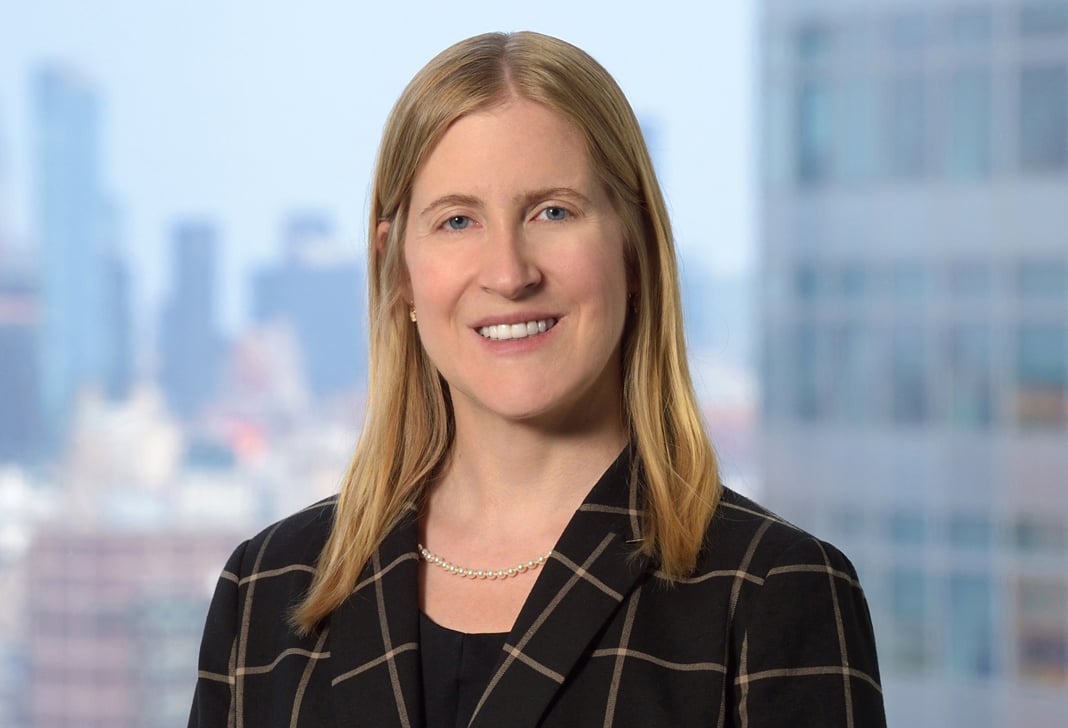
"Me Too" Movement Triggers Legislation in New York State and City
On May 9, 2018, New York City Mayor Bill de Blasio signed legislation designed to combat workplace sexual harassment. Similar legislation was passed as a part of the New York State Budget enacted on April 12, 2018. To ensure compliance, most New York employers will need to update their sexual harassment prevention policies, implement (or update) an annual training program, and review contractual nondisclosure and arbitration provisions. The New York State legislation extends sexual harassment protection to non-employees, so employers should also consider adopting sexual harassment prevention practices with respect to non-employees in the workplace.
New York State Legislation
The New York Budget legislation ("Budget") mandates a sexual harassment prevention policy and training, effective October 9, 2018. The policy must include, among other things, a standard complaint form and information on all available forums for adjudicating sexual harassment complaints. The training must be interactive and provided annually to all employees. Employers can use a model policy and training program, both of which will be developed by the State Department of Labor in consultation with the Division of Human Rights. Alternatively, employers can establish their own policy and program that equal or exceed the minimum standards in the model policy and program.
The Budget also prohibits, effective July 11, 2018, the inclusion of a nondisclosure provision in an agreement that resolves sexual harassment claims, unless the condition of confidentiality is the complainant's preference, and the complainant is given 21 days to consider the condition and seven days after signing to revoke the agreement.
The Budget prohibits any contract entered into on or after July 11, 2018, from including a mandatory arbitration clause that applies to sexual harassment claims. This legislative provision will not apply "where inconsistent with federal law," an apparent acknowledgement of preemption under the Federal Arbitration Act ("FAA"). FAA preemptions turn on questions such as whether the arbitration agreement relates to interstate or foreign commerce, as required for FAA coverage, or whether the employee falls within the FAA's transportation worker exemption. The Budget legislation provides that the inclusion of a prohibited arbitration clause in a written contract will not impair the enforceability of any other provision of the contract.
The Budget also extends sexual harassment protections to non-employees. This means that an employer may be held liable for workplace sexual harassment in claims brought by independent contractors, or employees of independent contractors.
New York City Legislation
The New York City legislation mandates interactive sexual harassment training effective April 1, 2019. Such training must be provided annually to all employees and must include, among other things, information on bystander intervention. Employers must also conspicuously display a poster designed by the NYC Commission on Human Rights and provide an information sheet to employees at the time of hire.






